
HOW TO AVOID EMOTIONAL EATING
Emotional Eating: tangible tricks to avoid it from a physiological point of view.
Life can be uncertain and unpredictable; its difficulties challenge us. While we cannot always choose what happens to us, we can decide how to react to whatever life brings.
Stress is our natural physical and mental response to everyday experiences. Some people seek comfort from food to numb the unpleasant emotions from stress and tough situations.
Overeating pizza or chocolate ice-cream can make (temporarily) all of your worries vanish. If you think you are a willpower failure, let us reassure you; there is a biological reason behind what you may consider abnormal behaviour. Feel-good chemicals, such as dopamine, are released in the brain’s reward system when we eat. The brain interprets dopamine as pleasure, and it is hardwired to search for more actions that result in dopamine spikes.
Consuming comfort food when life gets difficult is only a temporary relief, never a solution. This behaviour is known as emotional eating or stress eating and is associated with eating unhealthy, processed foods that are high in sugar and fats. Research suggests that eating ‘junk food’ produces a more powerful reward in the brain than whole foods[1].
Emotional eating can lead to weight gain, poor health and disrupted sleep. Furthermore, once the dopamine levels are back to normal, stress eaters tend to feel guilt and shame, beating themselves up for not having more willpower.
This unhealthy cycle only brings more stress, while the real problem triggering emotional eating in the first place, is never addressed.
5 STEP-BY-STEP TIPS FOR OVERCOMING EMOTIONAL EATING
1. Recognise the difference between emotional hunger and physical hunger.
Unlike physical hunger, emotional hunger appears suddenly and makes you crave particular comfort foods. Instead of feeling your stomach empty, emotional hunger is more like a craving for a specific food in your head.
Whenever you feel this type of hunger, be honest with yourself and do not mistake it for а physical hunger. Before searching for food in the refrigerator, take a moment to focus on your body’s signals.
2. Practice self-awareness.
You should be able to understand yourself, your motives and patterns. When you have a craving for food, ask yourself questions that will help you gain self-awareness.
- Are you truly hungry or do you want to escape your emotions?
- Are you sad, lonely, bored, depressed or angry?
- Is this food going to have a positive impact on how you feel in the long-term?
- Will you regret eating this food?
Ask yourself as many questions as you can before eating.
3. Understand that there could be a physiological reason for stress eating.
If you are following a low-calorie, restrictive diet that does not deliver enough nutrients to your body, how do you expect not to experience cravings?
Low-calorie diets elevate your cortisol levels, which is the primary stress hormone. Emotional eating, in this case, is your body’s survival mechanism. You are not giving it what it needs, so it is looking for quick fixes to lower your stress levels and ensures you receive more energy.
If you notice that you tend to overeat and crave unhealthy foods when you are on a diet, reconsider your nutrition plan. Make sure that you consume enough micro and macronutrients from different sources and focus on whole, minimally processed foods.
Furthermore, high cortisol levels can lead to a decrease in collagen synthesis[2].
Collagen is the protein responsible for healthy bones, joints, skin and hair. If you feel stressed often, consider collagen peptides to prevent a collagen synthesis decline.
Supplementing collagen has a variety of health benefits, such as relieving joint pain, improving hair and skin health, preventing bone loss and promoting heart health[3][4].
Research studies reveal that a high protein diet lowers the levels of the hormone ghrelin; the hormone responsible for feeling hunger[5]. Adding a spoon of Flexible by LEMAlab™ to your morning coffee or smoothie can surpess ghrelinsecretion and help you experience less food cravings.
4. Find out what triggers your cravings.
Whenever you feel an urge to eat something, try to realise what triggered the craving. Take a few minutes to observe your emotions and write down why you feel this way.
Writing about your feelings helps you identify stress, eating triggers and destructive patterns. Journal everything in a food diary: how you feel before you eat to how you feel afterwards. Try to be as detailed about your emotions as possible.
Over time, you will notice recurring behaviours that sabotage your efforts and turn you into an emotional eater. You wil only be able to avoid emotional eating triggers when you become aware of them.
5. Choose a healthy activity to relieve negative emotions.
In order to stay in control of your eating habits, you should learn to manage your stress without reaching for food to fill your emotional needs.
There are countless activities you can turn to, whenever you feel the urge to eat comfort food.
You can go for a short walk, call a friend, read a book, watch a motivational video, watch a comedy show, dance to your favourite song, take a hot bath, do light stretching, play a logic game on your phone or even do some of the household chores.
Any activity that can distract you from thinking about food and help you relax is a good idea.
You can use a combination of approaches and tricks to overcome emotional eating.
Take the time to personalise this step-by-step plan and take action. The most important thing to remember is that you are not powerless and small changes every day can lead to a significant transformation!


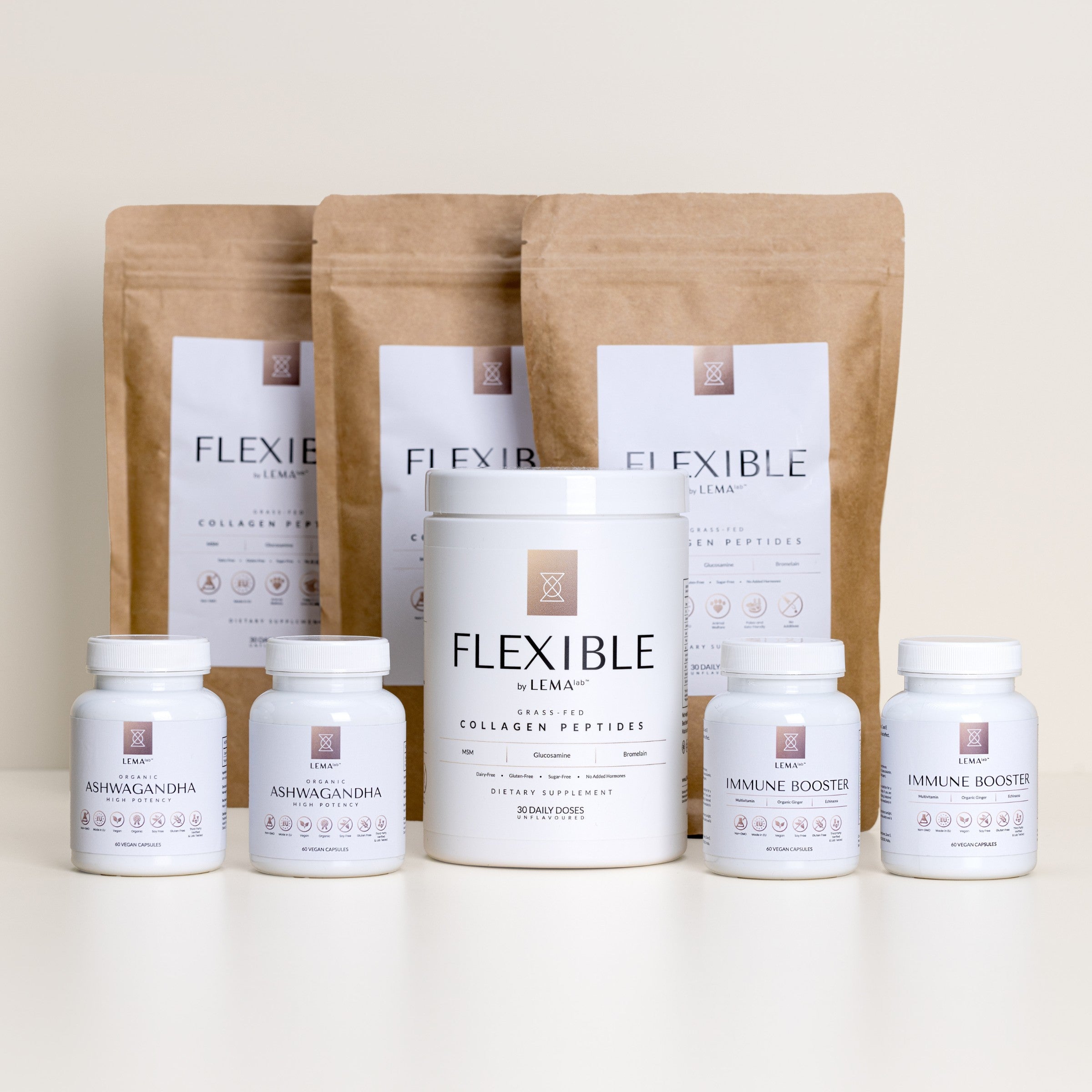
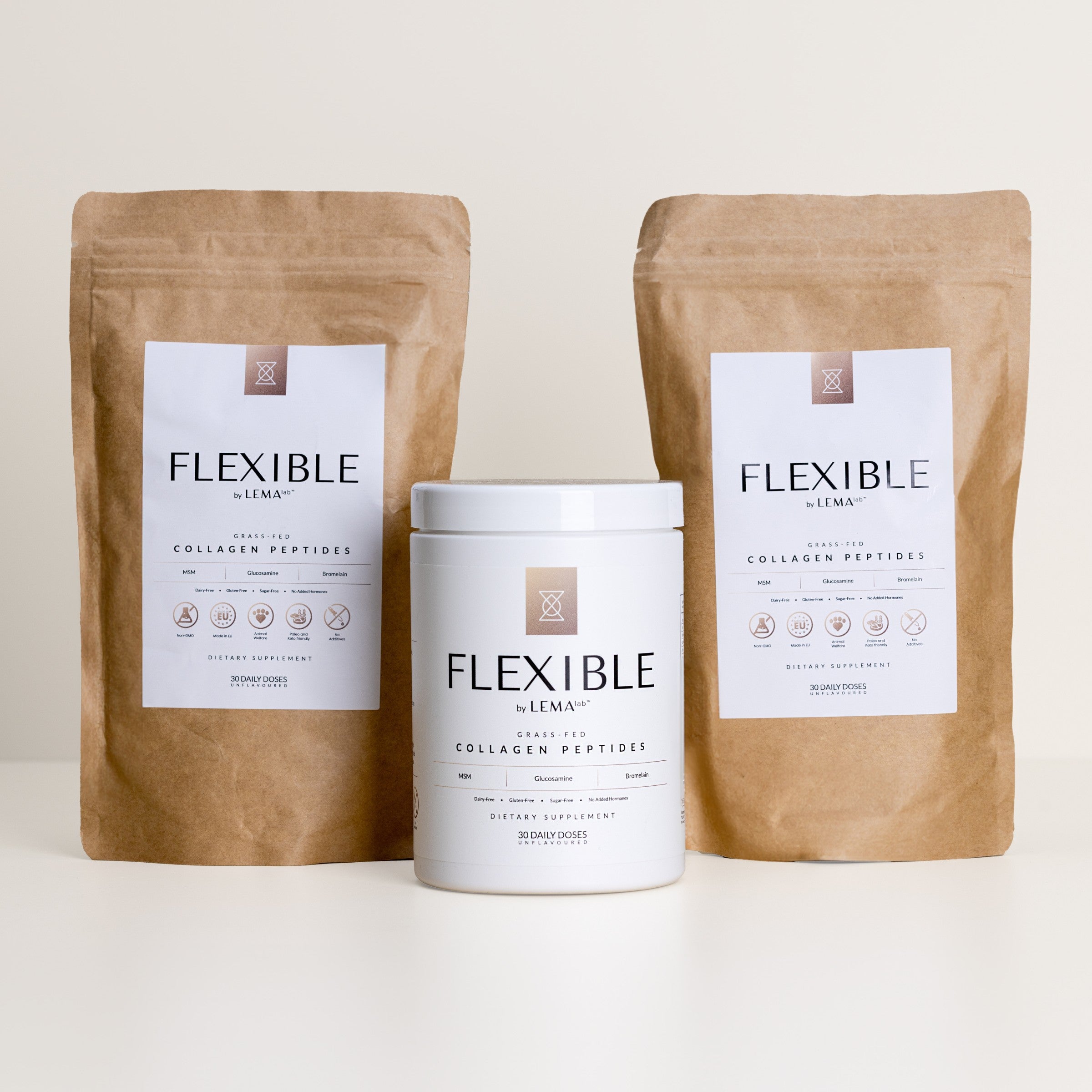

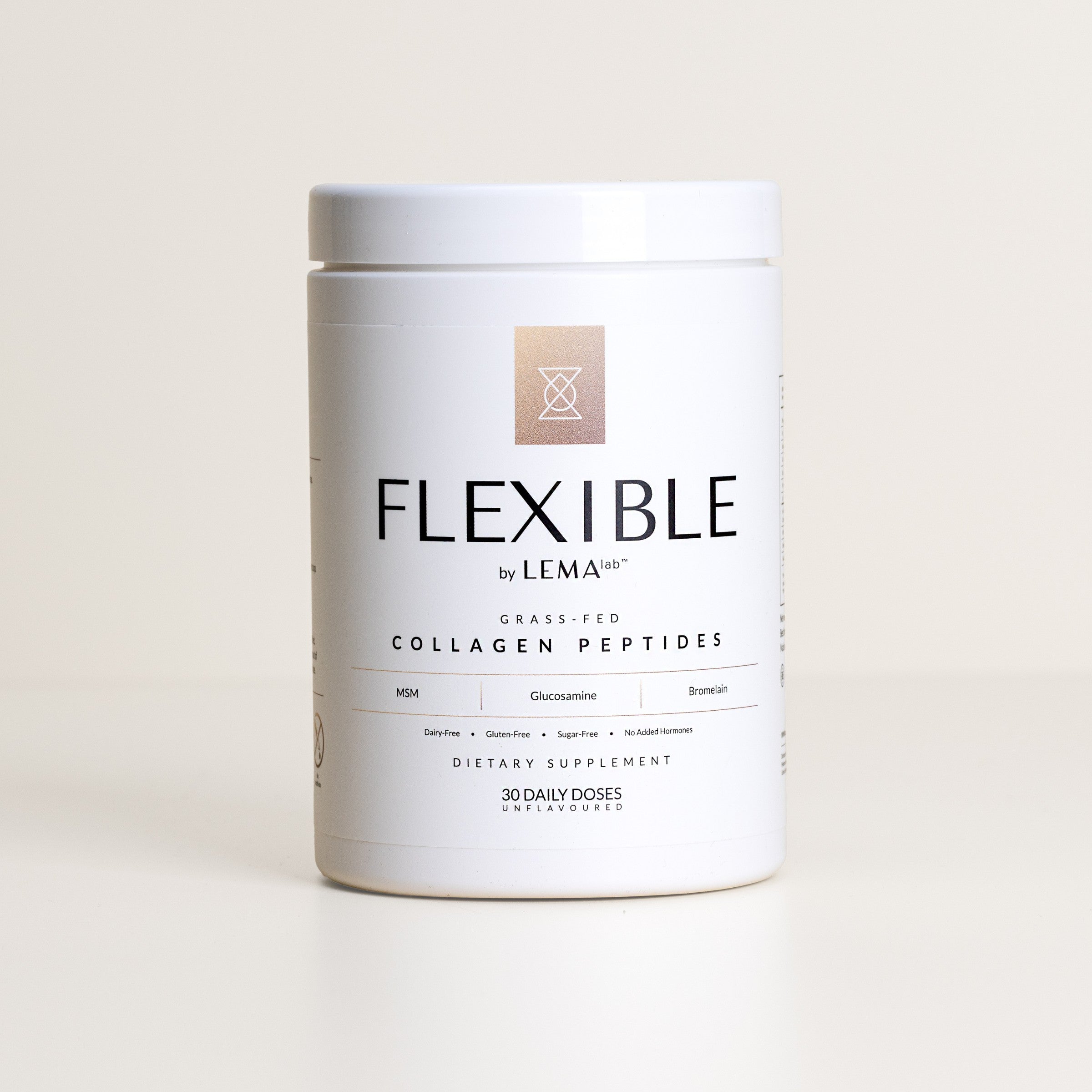
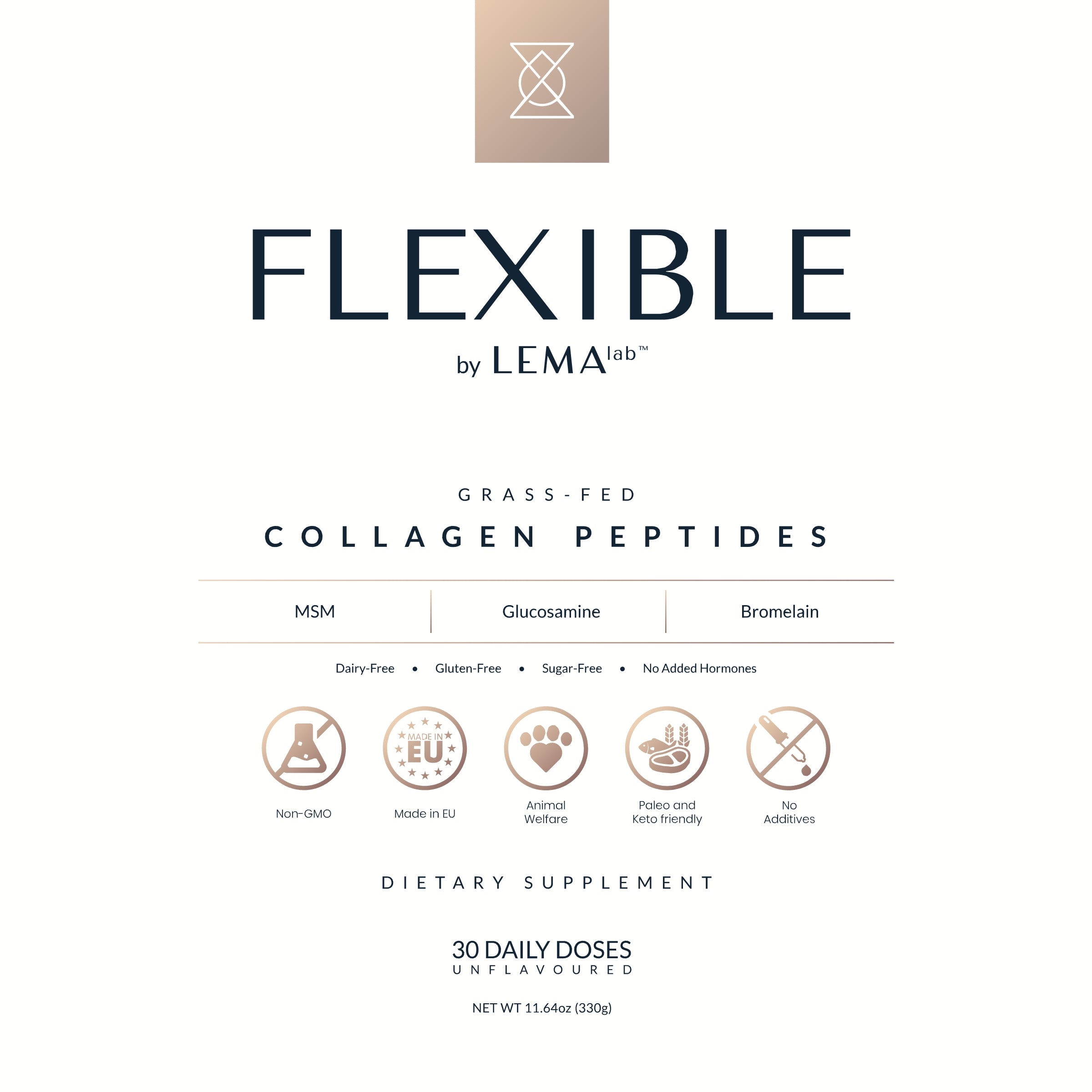
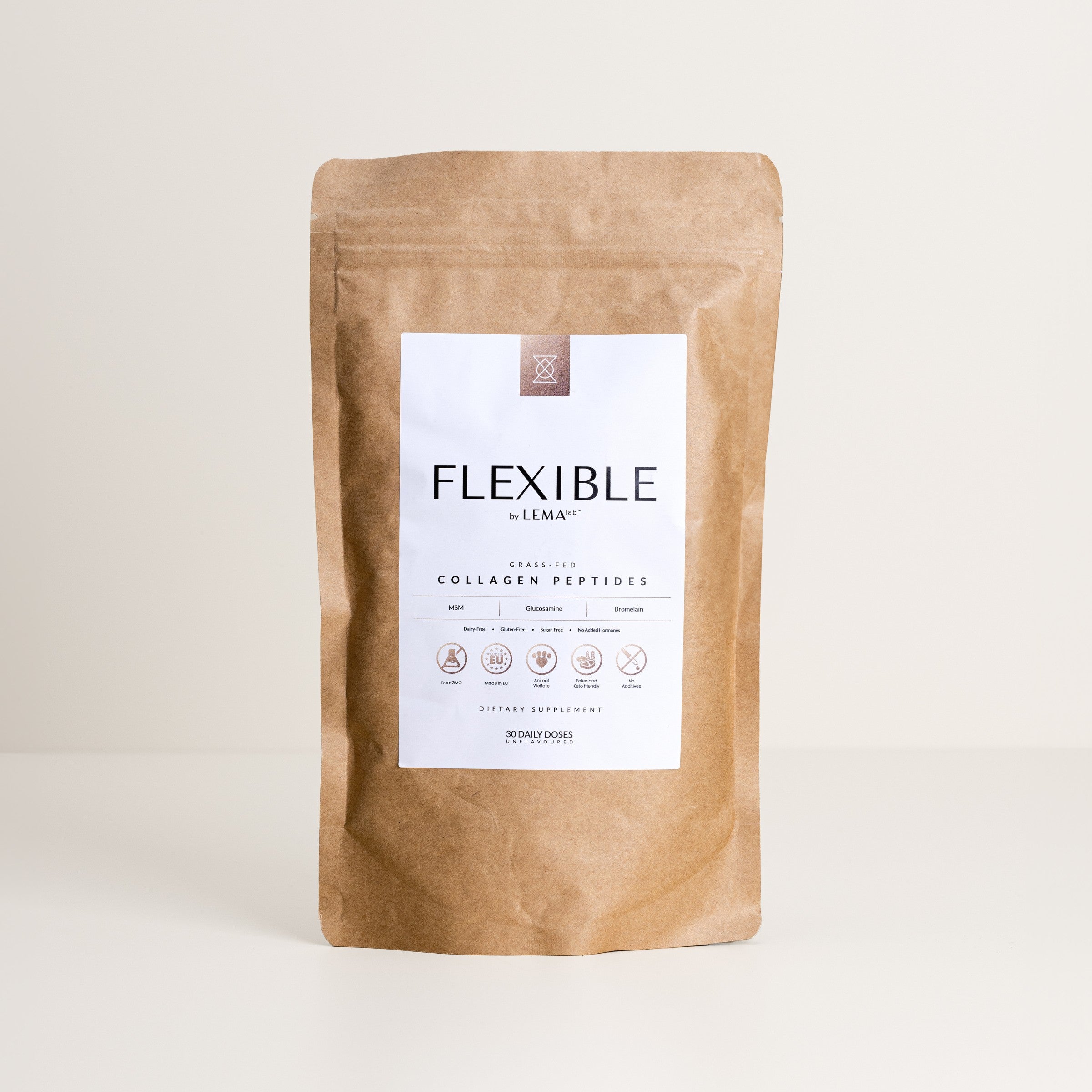
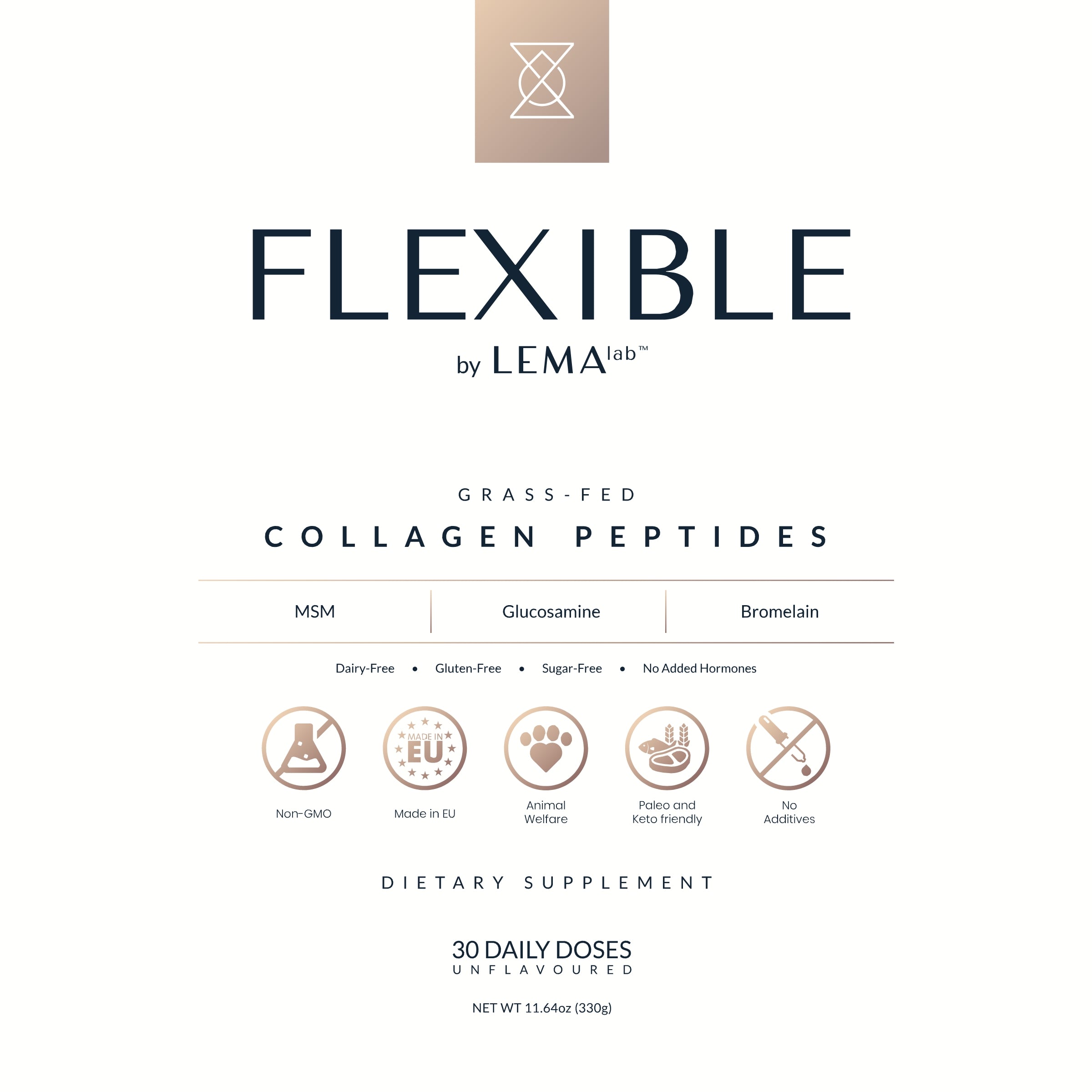
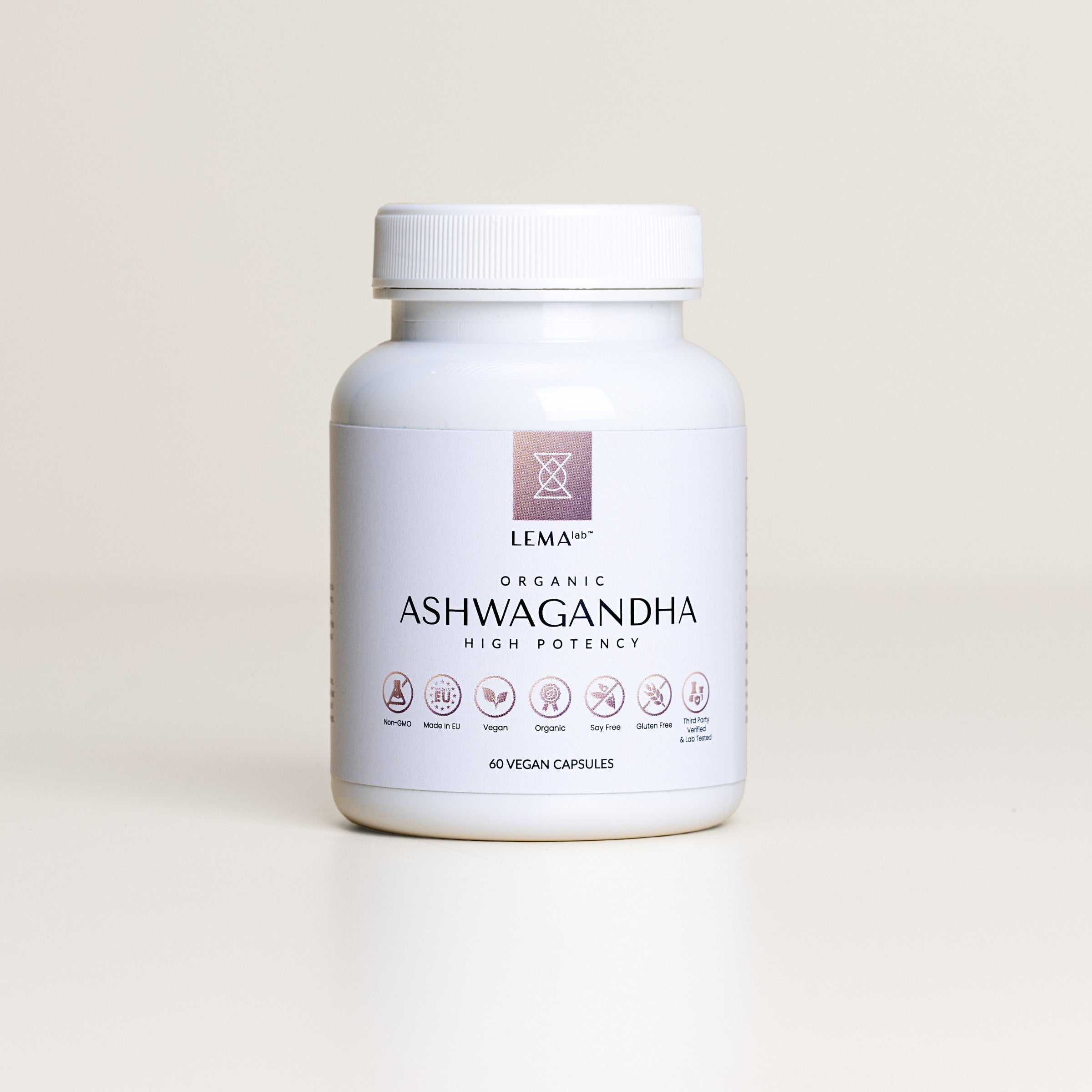

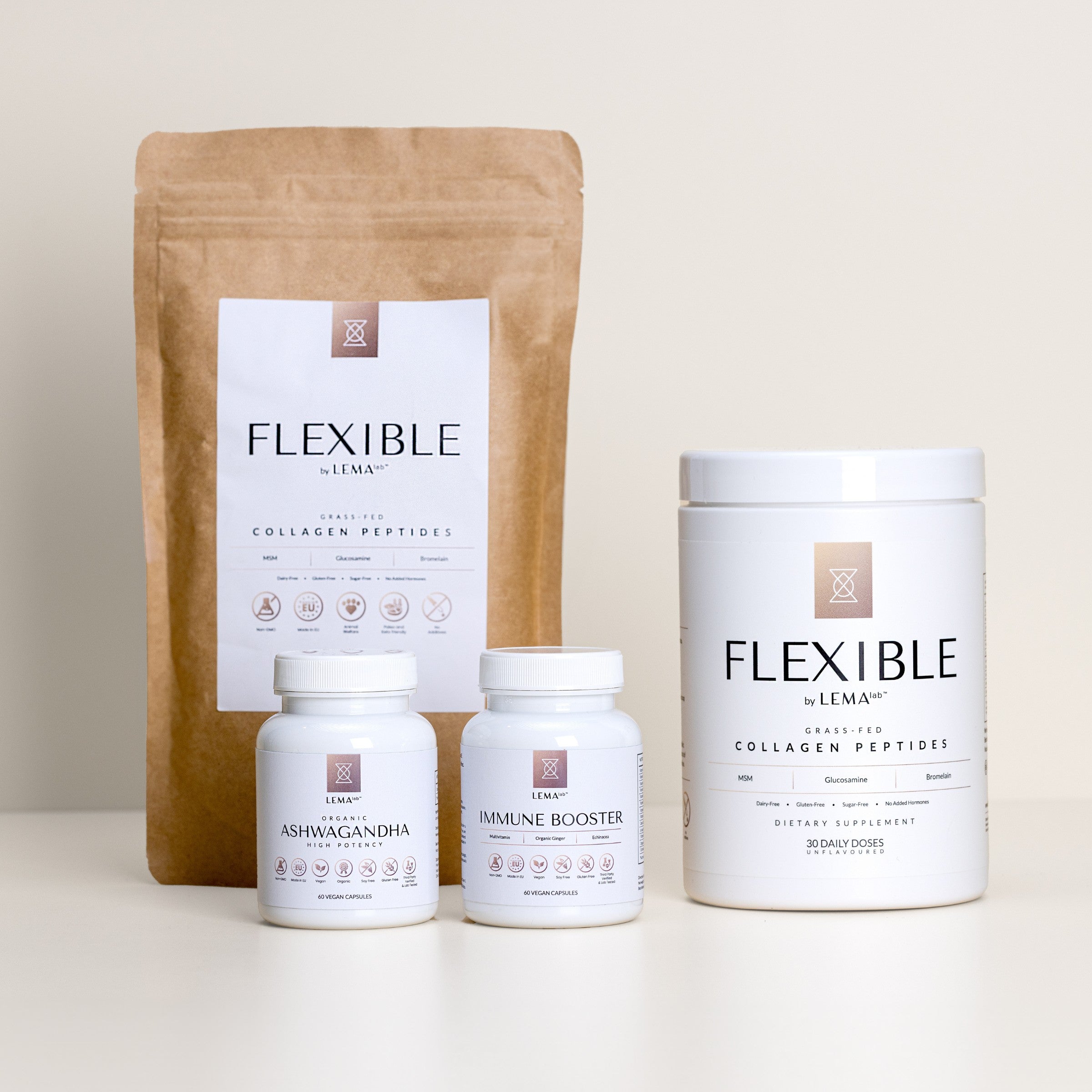
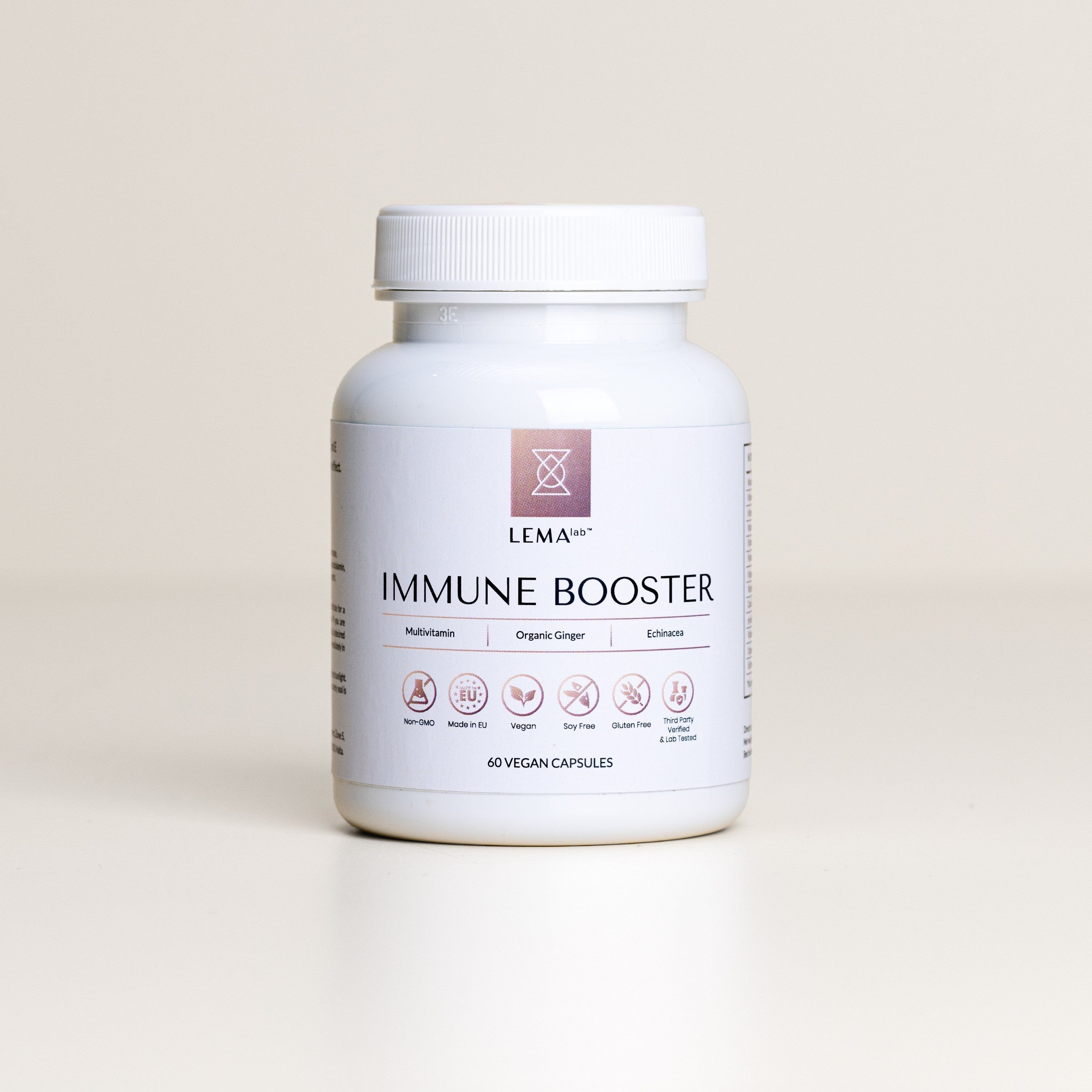
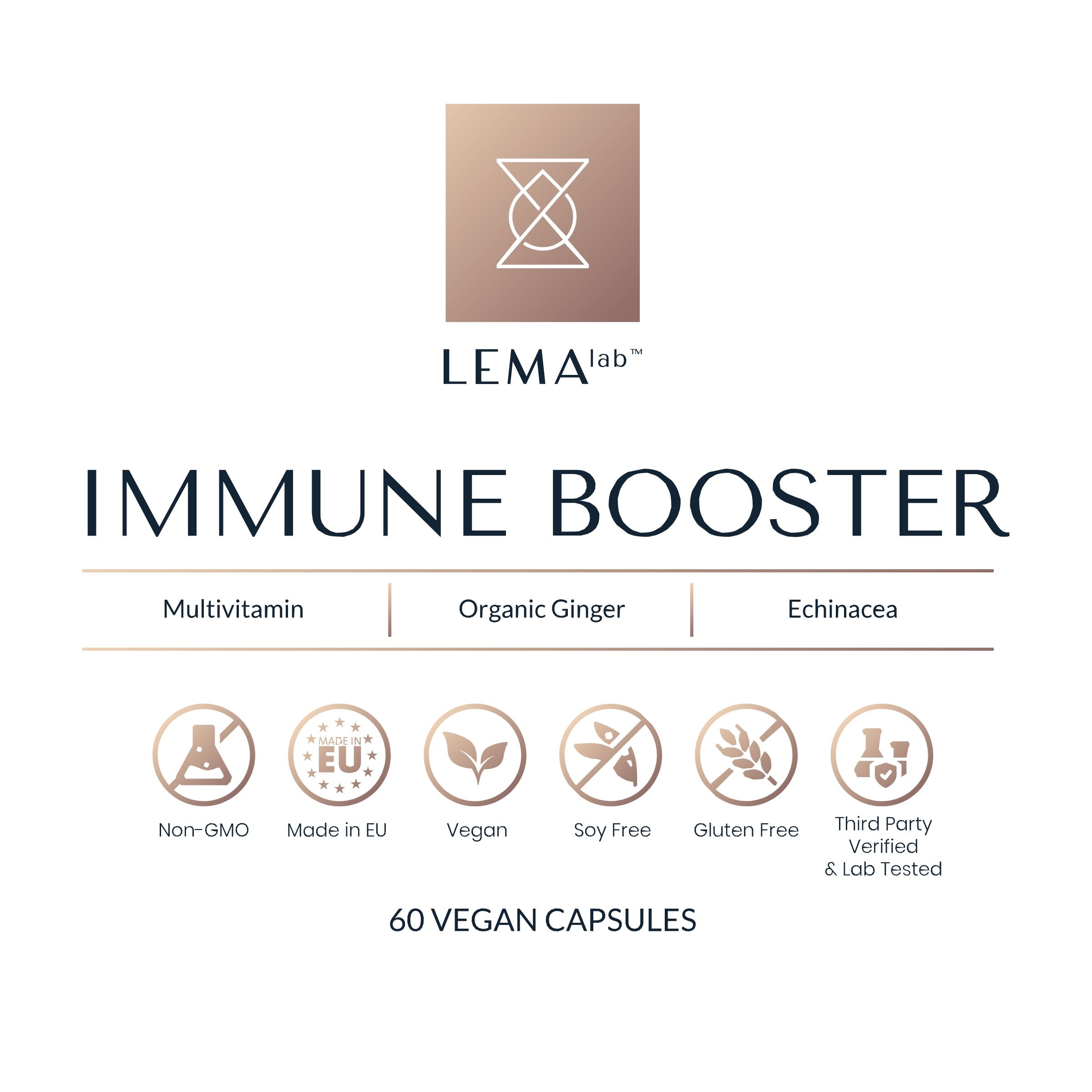
Leave a comment
This site is protected by hCaptcha and the hCaptcha Privacy Policy and Terms of Service apply.